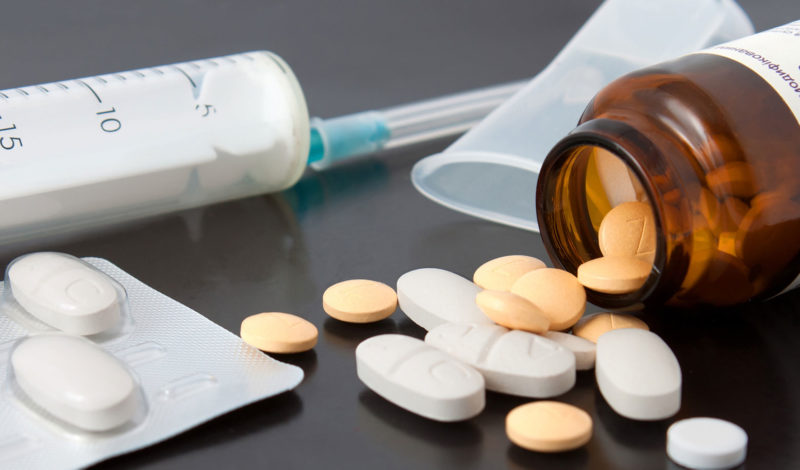Where is the body's own defence system actually located? It is now scientifically proven that the immune system is largely [...]

Building up the intestinal flora in a child: Here’s how
Our intestines not only take care of our digestion, but also have to cope with environmental influences and stress every day. This is no different with children: especially between the ages of two and eight years, the intestinal flora is exposed to a high level of stress. It is not yet fully developed, so its composition is constantly changing. Also, still unknown pathogens attack time and again. However, the development of the intestinal flora in children can be specifically supported.
Why a healthy intestinal flora is so important in children
The children’s intestines are bustling with activity: even the youngest children have billions of bacteria on the mucous membranes of the intestines. The different bacterial strains each fulfil very specific tasks. Among other things they function as:
The intestinal bacteria of children keep pathogens at bay. How? A large proportion of the immune cells in the human body are located in the intestinal mucosa. The good bacteria that grow there help the immune system to get rid of pathogens – for example, harmful bacteria such as diarrhoea pathogens or disease-causing fungi.
Even in children, some intestinal bacteria produce short-chain fatty acids that serve as energy suppliers for the cells of the colon. Approximately 40 percent of the energy requirement is covered by these fatty acids. At the same time, the fatty acids stimulate intestinal movements, which prevent constipation and flatulence
./
Some types of intestinal bacteria even produce vitamins – bifidobacteria and Escherichia coli for example.
What damages the intestinal flora in children
Not only in adults but also in children the intestinal flora can get out of balance. Possible causes include:
Its active ingredients destroy not only the harmful but also the beneficial bacteria in the child’s intestine.
Too much sugar, simple carbohydrates and unhealthy fats or too little fibre: an unbalanced diet also damages the intestinal flora.
Infections can upset the balance between the different types of intestinal bacteria in children.
How a disturbed intestinal flora becomes noticeable in children
If the intestinal flora is out of balance, the unpleasant side effects usually do not take long to appear. Affected children suffer from these symptoms most frequently:
- chronic inflammatory bowel disease
- Food intolerances such as lactose intolerance
- high susceptibility to infection
- Skin blemishes
- Migraine
- Vitamin deficiency
Build up intestinal flora in children
Meals rich in fat, sugar and very high protein should only be included on the menu in exceptional cases, even for children. However, foods containing lactic acid bacteria, such as yoghurt, kefir and sauerkraut, promote the development of the intestinal flora in children. Dietary fibres, such as oat flakes, wholemeal products, linseed, fruit and vegetables, promote digestion and also help to build up the intestinal flora in children. In children, the intestines sometimes react even more strongly to foods that are difficult to digest. It is therefore important that the food is easily digestible.
Stress has a negative effect on the intestinal flora. In order for a healthy intestinal flora to develop in children, they need sufficient time to regenerate. A nap or quiet activities such as painting and handicrafts have a calming effect. Regular exercise is just as important for stress reduction.
For optimal digestion, children should drink plenty of mineral water, juice spritzers and herbal tea.
How much work the intestines have to do determines, among other things, the way we eat. Chewing thoroughly makes it easier for it to digest food. This can also improve the intestinal flora in children.


